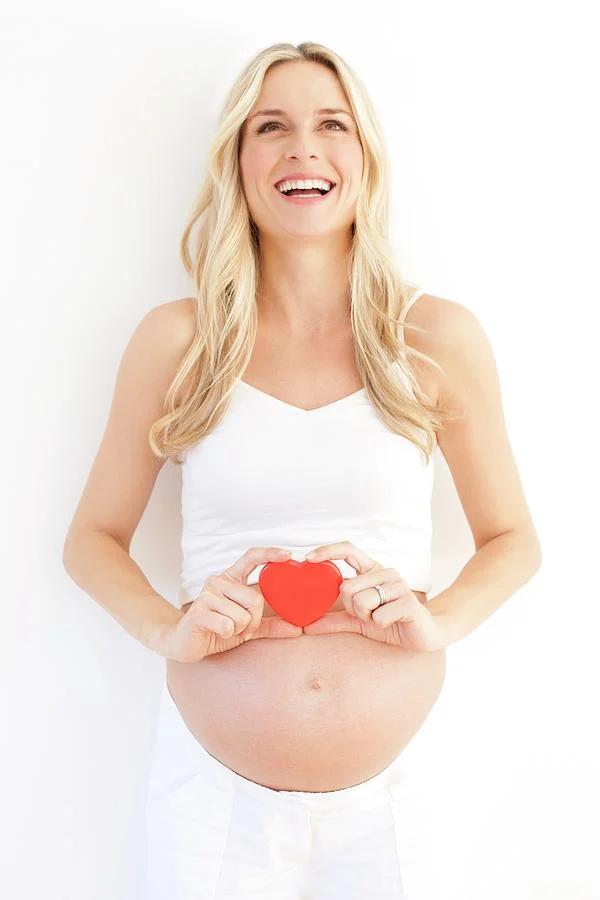Your cart is currently empty!
I Struggled with an Eating Disorder Without Ever Being Underweight
Ah, my early 20s—a time of youthful optimism and questionable life choices. That’s when my obsession with being thin kicked into high gear. I hit my lowest weight of 112 pounds, and at just 5 feet 2 inches tall, I was technically in the “normal” range. People complimented my figure, telling me I looked fit and healthy. Naturally, I believed this praise. After all, I had always been on the curvier side, but perhaps I was just destined to be a size 0. Maybe I just hadn’t been eating or exercising correctly.
What no one realized was that I had stopped eating breakfast and lunch entirely. My mornings were spent sweating it out at the gym—skipping exercise was not an option. I’d hold off eating until 2 PM, when I would indulge in a “health-conscious” muffin from the local health food store. It was round, doughy, and packed with protein, which allowed me to stave off hunger until dinner. But come evening, I would only allow myself a low-carb, high-protein meal that fit neatly on one plate.
Little did anyone know how often I felt dizzy and weak. A couple of times, I nearly passed out. My mind was consumed with thoughts of food (funny how that works when you’re starving yourself), constantly dreaming about my next meal and obsessing over whether I’d get what I wanted, where I wanted, and how I wanted it.
Then came the day I truly hit rock bottom. After feeling unwell for a few days, I fainted while walking back from the bathroom. I crashed to the floor, and thankfully, my husband was nearby to hear the thud. Although I came to and was fine, I recognized that I had pushed my body too far—it was weak and undernourished. I needed to stop the madness and start eating more regularly.
I kept this all to myself, but eventually, I began to eat more balanced meals, albeit with a sinking feeling as the scale crept back up to my “curvier” weight. Even after that, I maintained a rigid routine around food and exercise for years, but eventually, my obsession with thinness began to fade.
Looking back, I realize how fortunate I was. A fainting incident was my wake-up call, and while I was in therapy for anxiety at that time, I was never officially diagnosed with an eating disorder—just an anxiety issue. Now, nearly 20 years later, I can see how precarious my situation was. Motherhood has allowed me to find a sense of peace with my body and my relationship with food. I understand now how emotionally unhealthy my fixation was and how it could have impacted my physical well-being.
Although I never received a formal diagnosis, recent research led me to a term that fits my experience: Other Specified Feeding or Eating Disorder (OSFED). The National Eating Disorders Association (NEDA) describes OSFED as a feeding or eating disorder that causes significant distress but doesn’t meet the criteria for other specific disorders. Interestingly, you don’t have to be underweight to qualify for this diagnosis; you could be at a healthy weight, just like I was.
Surprisingly, OSFED is more common than many realize, with at least 1 in 20 people showing symptoms, which is even higher than the 1 in 200 diagnosed with anorexia, according to BuzzFeed. Many individuals with OSFED remain undiagnosed because they don’t fit the typical mold of eating disorders. However, Dr. Emma Lane, co-director of a prominent Eating Disorders Program, points out that the emotional pain and distress are just as real, no matter the number on the scale.
If you suspect you might be struggling with your relationship with food—if your thoughts about weight and eating feel overwhelming—please reach out for help. Don’t let a number define your reality. On the other side of disordered eating is the freedom to enjoy food without guilt or shame. It’s a wonderful place to be, and everyone deserves that experience.
If you’re concerned about your eating habits, the National Eating Disorders Association (NEDA) has a helpline and a wealth of resources available for those seeking help.
In summary, it’s crucial to recognize that eating disorders can exist in many forms and aren’t always linked to being underweight. If you find yourself caught in a cycle of obsessive eating behaviors or negative body image, know that you’re not alone, and there is support available.
